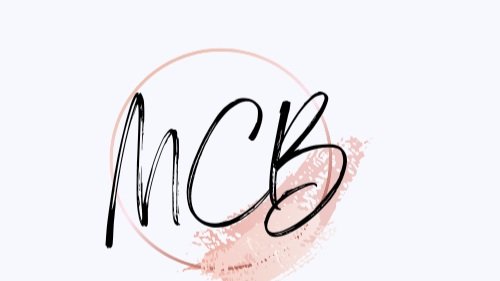Re-Building Relationships with Others After COVID Isolation
If you suffer from COVID isolation, it can be difficult to build relationships with others. It is essential to understand that building relationships with others begins with you. However, you can still isolate yourself. There are many ways to develop relationships. For example, you can try to build a connection with your family.
Adjustment
Building relationships with others after COVID isolation can be complex. This is not the end of the world, but you will likely have to do some work in the beginning. You can get help, but you should also focus on what you can control and take occasional breaks from the information surrounding you. You may not be able to reach a certain point when building relationships with others, but patience and flexibility will help you navigate the process.
Building relationships after COVID isolation can be complicated for both individuals and couples. Relationships may be strained or damaged, and both partners may be more withdrawn than usual. However, you can inoculate yourself against the effects of COVID-related stress by developing positive adaptive relationships and behaviors.
Physical distancing
Physical distancing after COVID isolation involves maintaining distance from others and avoiding close contact to limit the spread of infectious diseases. This precaution is an integral part of COVID-19 preparedness measures. It also involves quarantining potentially exposed individuals so they can be treated if necessary. Moreover, the sudden reduction in social interaction has led to a sense of loneliness among many people.
People have taken unprecedented steps to isolate themselves to prevent spreading infectious diseases. However, social isolation can adversely affect a person's mental health. In addition to causing a person's loneliness, social isolation can affect their ability to connect and regulate emotions. This can also negatively impact their immune, cardiovascular, and mental health.
Extraversion
The current study sought to determine whether introversion and extraversion were related to pain interference and social isolation in chronic pain patients. The primary hypothesis was that higher levels of extraversion would be associated with more significant pain interference, while the secondary aim was to explore the relationship between introversion and other psychosocial variables. Results revealed that pain interference was significantly increased in participants with higher levels of extraversion but not those with low extraversion.
The researchers found that extroversion is related to better adjustment to life-changing events. More extroverts use adaptive strategies and have a more extensive social support network. In contrast, more introverted people tend to have fewer close friends and have difficulty maintaining relationships.
Break-ups
Break-ups after COVID isolation have become increasingly common in the past several years, but the reasons still need to be clarified. In some cases, the stress of a pandemic can exacerbate relationship problems or bring up issues previously buried under the pressures of day-to-day life.
For many people, break-ups are hard to handle. They are uncomfortable, contradictory, and confusing. When a relationship ends, people often feel shame, guilt, and confusion. Coupled with the stress of being in a confined environment, break-ups can lead to depression and even anxiety. Seek professional help to deal with trauma, loss, and grief.
